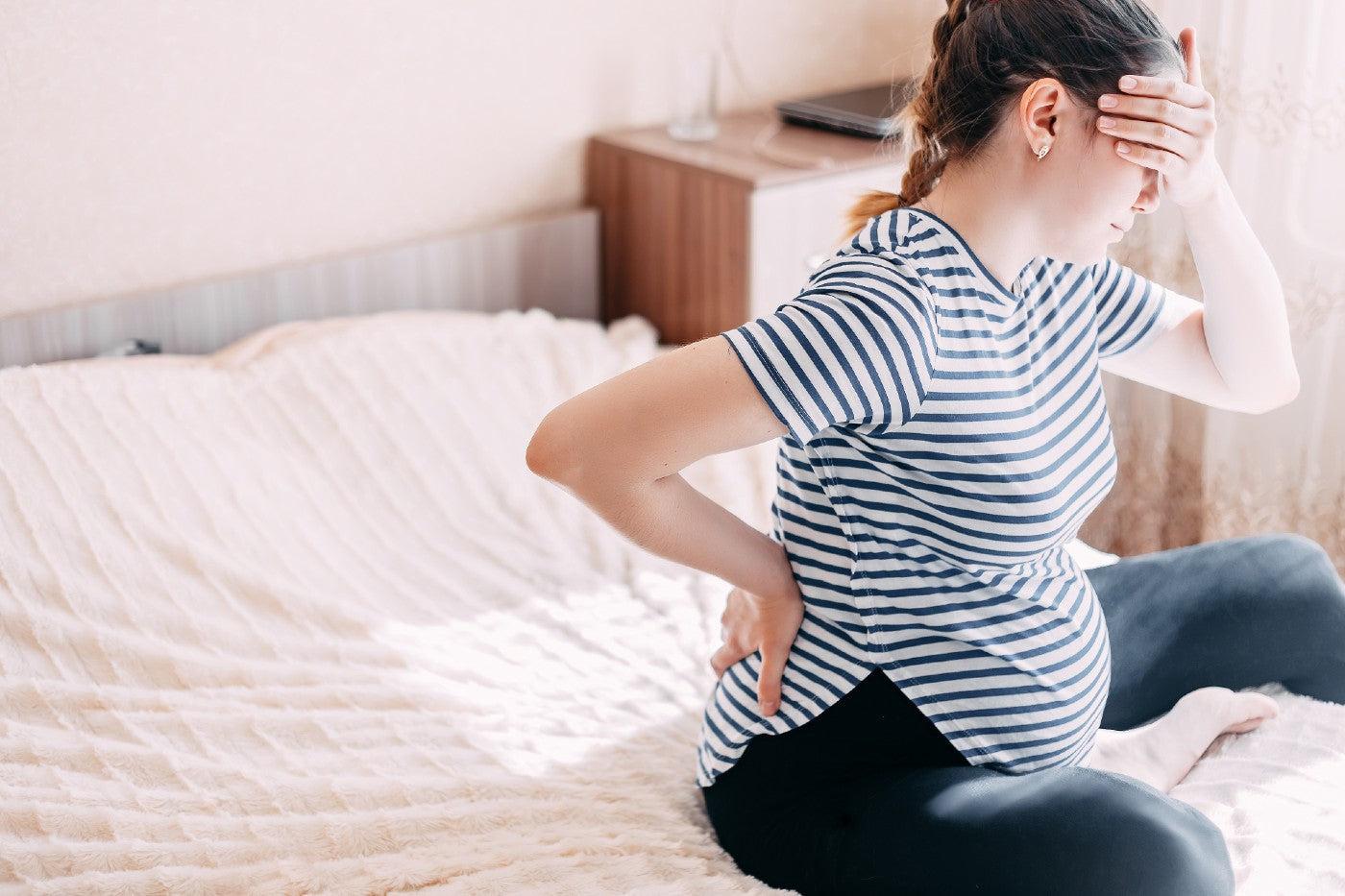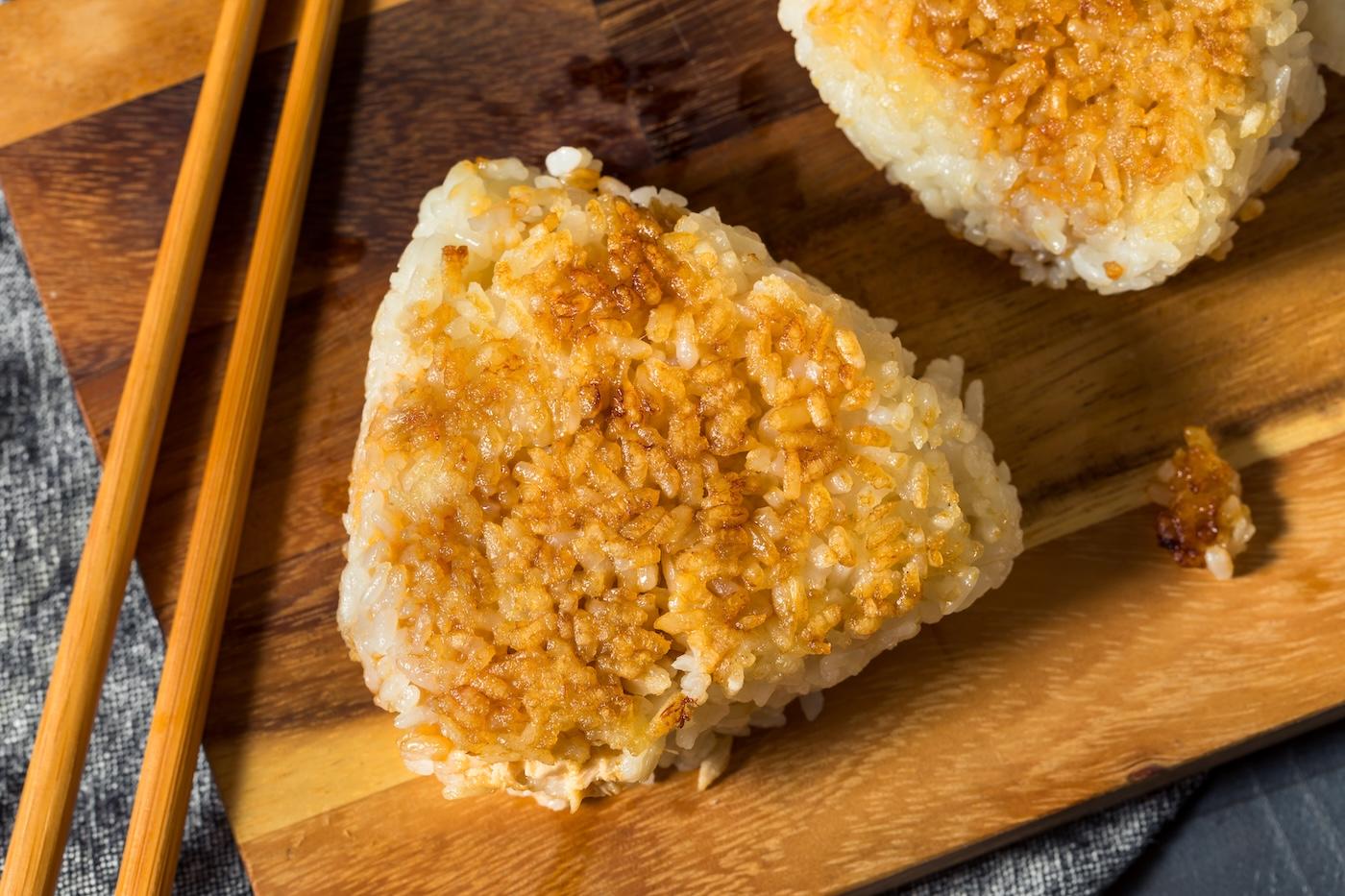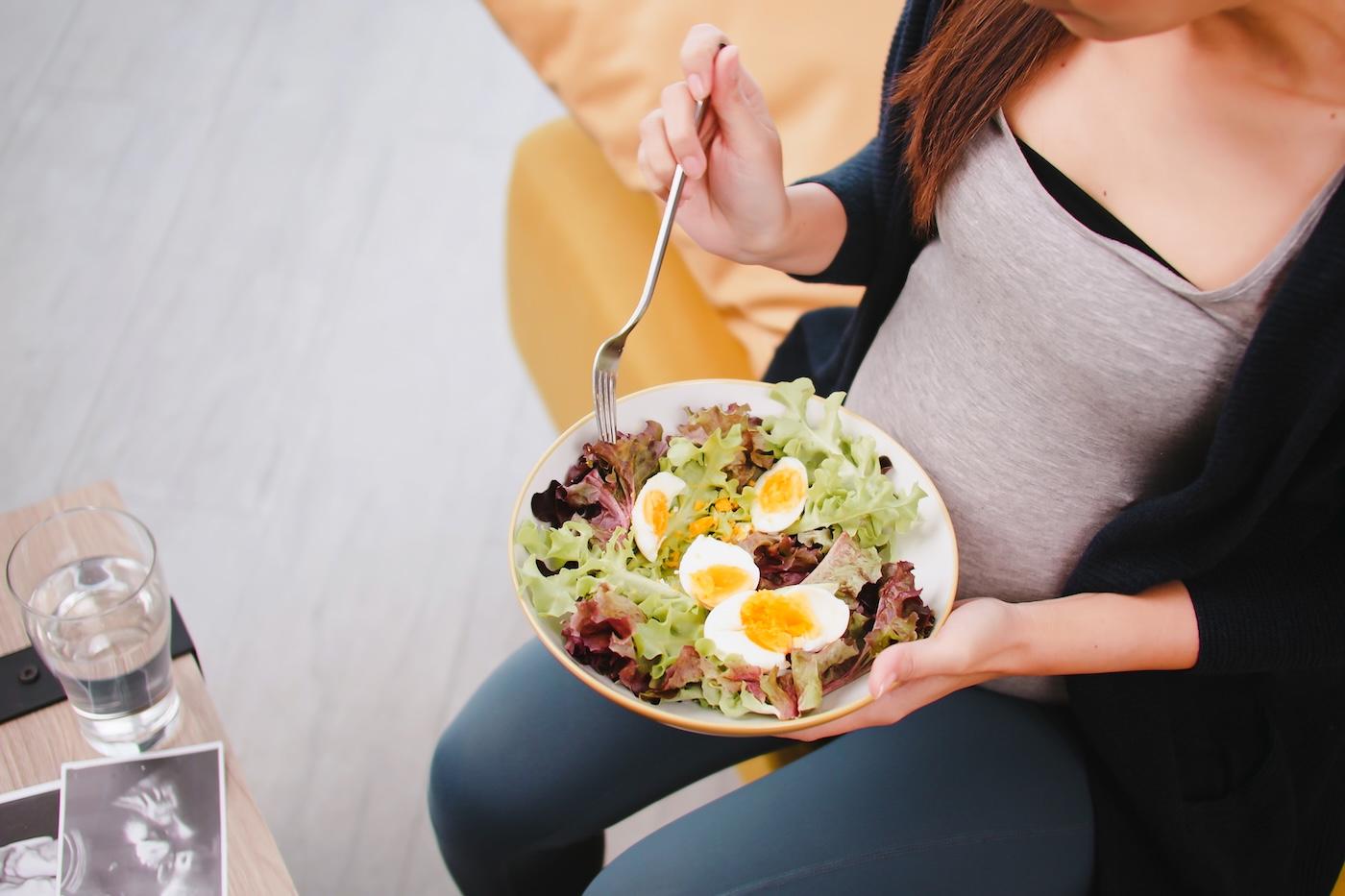PREGNANCY
Hemorrhoids During Pregnancy (You’re Not Alone!)
Here’s the need-to-know about this pain-in-the-butt pregnancy side effect.

Written by
Holly Pevzner

Those who paint pregnancy as a period of non-stop beatific glowing have never experienced the literal pain-in-the-butt that is hemorrhoids. (Yep, we’re going there.) For too long this common medical issue has been not only physically uncomfortable but embarrassing to talk about as well. That ends today! The truth is, pregnancy hemorrhoids are a side effect of carrying a baby—in the same way that back aches or swollen ankles might be—that affect an estimated 25% to 35% of pregnant women. (In other words: there’s no need to feel shame!) And, as unpleasant as they may be, there are ways to both prevent and treat pregnancy hemorrhoids. So, pull up a (cushy donut-shaped) seat, and let’s talk about pregnancy hemorrhoids: What causes pregnancy hemorrhoids, how to treat pregnancy hemorrhoids, and everything else you may have been afraid to ask.
What are pregnancy hemorrhoids?
Basically, hemorrhoids are swollen veins located in the lower area of the rectum and anus. They can be internal (formed in the lining of your anus and lower rectum) or external (formed under the skin around your anus).
Pregnancy Hemorrhoid Symptoms
External hemorrhoids during pregnancy can cause discomfort. Symptoms of external hemorrhoids include:
- Itchiness in the anal area
- Tender lumps around the anus (they may feel a bit like clusters of grapes)
- Pain around the anus—especially when sitting
Internal hemorrhoids are generally well hidden inside the rectum and tend to be painless. They do make themselves known in two key ways: prolapse and blood. Prolapse is when a vein bulges and can be seen and felt externally while going #2. Usually, this type of bulging resolves itself after bearing down. However, sometimes the swollen vein back needs a gentle push to be coaxed back inside. The second key indicator of internal hemorrhoids is bleeding during pooping. You may notice blood in the toilet, on toilet paper, or even on your poop. If you notice blood in your stool, it could also indicate other health issues so it is always wise to consult your doctor.
What causes hemorrhoids during pregnancy?
There are several reasons why pregnant folks are prone to hemorrhoids, including weight gain, the pressure of your growing uterus, and the pregnancy hormone progesterone. Pregnancy hormones are responsible for all sorts of side effects, which can include glowing skin and thicker hair…and unfortunately, hemorrhoids. (It’s never a dull moment when you’re expecting!) Progesterone helps the body relax—literally. Your body is making room for your growing baby and it’s also limbering up for the big delivery day. The walls of your veins begin to relax, too, in order to accommodate the increase in blood your body is making. That boost in blood flow can make the veins in your rectal area swell. Added factors such as constipation (which tends to accompany pregnancy), bearing down while pooping, and even standing or sitting for long periods of time can put enough pressure on the veins in the rectum and anus to force them to swell resulting in hemorrhoids.
How to Prevent Pregnancy Hemorrhoids
The best treatment for pregnancy hemorrhoids is ultimately prevention. A few easy lifestyle changes can help keep pregnancy hemorrhoids at bay. Such as:
- Eat a diet high in fiber to prevent constipation, which can lead to hemorrhoids. If this doesn’t get things going, talk to your doctor about taking a stool softener or laxative.
- Drink plenty of fluids to keep bowel movements regular.
- Practice Kegel exercises to keep your pelvic floor strong and to counteract the pressure being placed on the bowels.
- Try not to sit or stand for long periods of time, break up sitting and standing by adding walking and stretches to prevent muscles from straining.
- Keep your weight gain within the range your OB/GYN suggests.
How to Treat Hemorrhoids During Pregnancy
If you’re dealing with this uncomfortable pregnancy issue, here are a few safe-for-pregnancy ways to get relief:
- Soak in warm (not hot) water a few times a day. This is also known as a sitz bath. You can purchase a small basin that fits over your toilet seat which is quicker and easier than pouring a bath. (Pro tip: A sitz bath is a good investment! It can also provide relief for postpartum pain if you deliver vaginally and tear.)
- Apply cold packs or ice packs to minimize swelling. The perineal ice packs you buy now will not go to waste!
- Use witch hazel pads. This can alleviate pain, itching, and swelling. For extra relief, stash ‘em in the fridge before use.
These measures are often enough to force hemorrhoids to retreat, but if your hemorrhoids persist, don’t hesitate to talk to your OB/GYN.
Usually, pregnancy-related hemorrhoids will go away on their own. In the weeks following delivery, the veins that had relaxed thanks to progesterone will begin to tighten back up. This process can take from a few days to a few weeks to happen. If your hemorrhoids continue longer than a few weeks after delivery then there may be an issue with chronic hemorrhoids, which can be treated by a doctor. But there’s a big BUT here…
Postpartum Hemorrhoids
Though pregnancy hemorrhoids may resolve on their own post-baby, the act of giving birth can also cause postpartum hemorrhoids. (This is something your doctor and nurses will likely check you for while you’re in the hospital recovering). Postpartum hemorrhoids can be treated like pregnancy hemorrhoids—and many of these treatments, such as ice packs, sitz baths, and witch hazel, are also help alleviate soreness caused by pushing and/or tearing. (Read up on postpartum healing!)
More on Pregnancy:
- Pregnancy Week by Week
- Prenatal Genetic Testing: Which Tests Do You Need?
- Advanced Maternal Age: Your Guide to Pregnancy Over 35
- Straight Talk on Foods to Avoid in Pregnancy
- Natural Ways to Relieve Heartburn
- Early Signs of Labor That Mean It's Go Time
***
REFERENCES
- Hemorrhoids in Pregnancy, Canadian Family Physician, February 2008
- American College of Obstetricians and Gynecologists: What Can I Do for Hemorrhoids During Pregnancy?
- Hemorrhoids, American Family Physician, July 2011
- National Institute of Health National Library of Medicine: Hemorrhoids
- National Institute of Diabetes and Digestive and Kidney Diseases: Definition & Facts of Hemorrhoids
Disclaimer: The information on our site is NOT medical advice for any specific person or condition. It is only meant as general information. If you have any medical questions and concerns about your child or yourself, please contact your health provider.
SHARE THIS ARTICLE
MOST LOVED
Sleepytime Sidekicks
More on Pregnancy
About Holly Pevzner
Holly Pevzner is Happiest Baby’s Staff Writer. She specializes in creating parenting, pregnancy, health, nutrition, and family travel content. Her work—including essays, columns, reported features, and more—has appeared in outlets such as EatingWell, Family Circle, Parents, Real Simple, and The Bump. Before becoming a full-time writer, Holly held senior staff positions at Prevention, Fitness, and Self magazines, covering medical health and psychology. She was also a contributing editor at Scholastic Parent & Child magazine and a regular kids-health columnist for Prevention and First For Women magazines. Holly lives in Los Angeles with her husband, two boys, and terrier mix.












